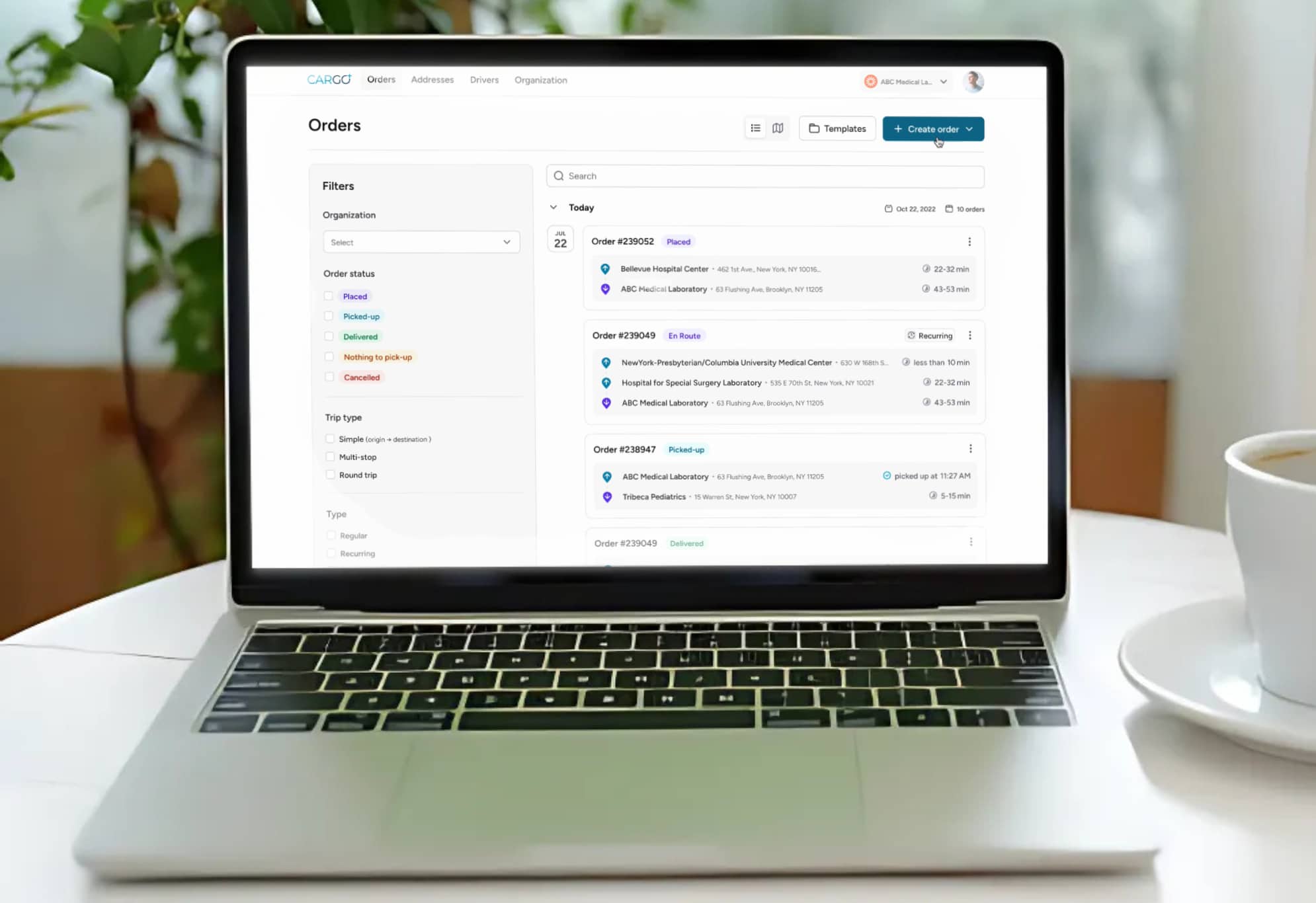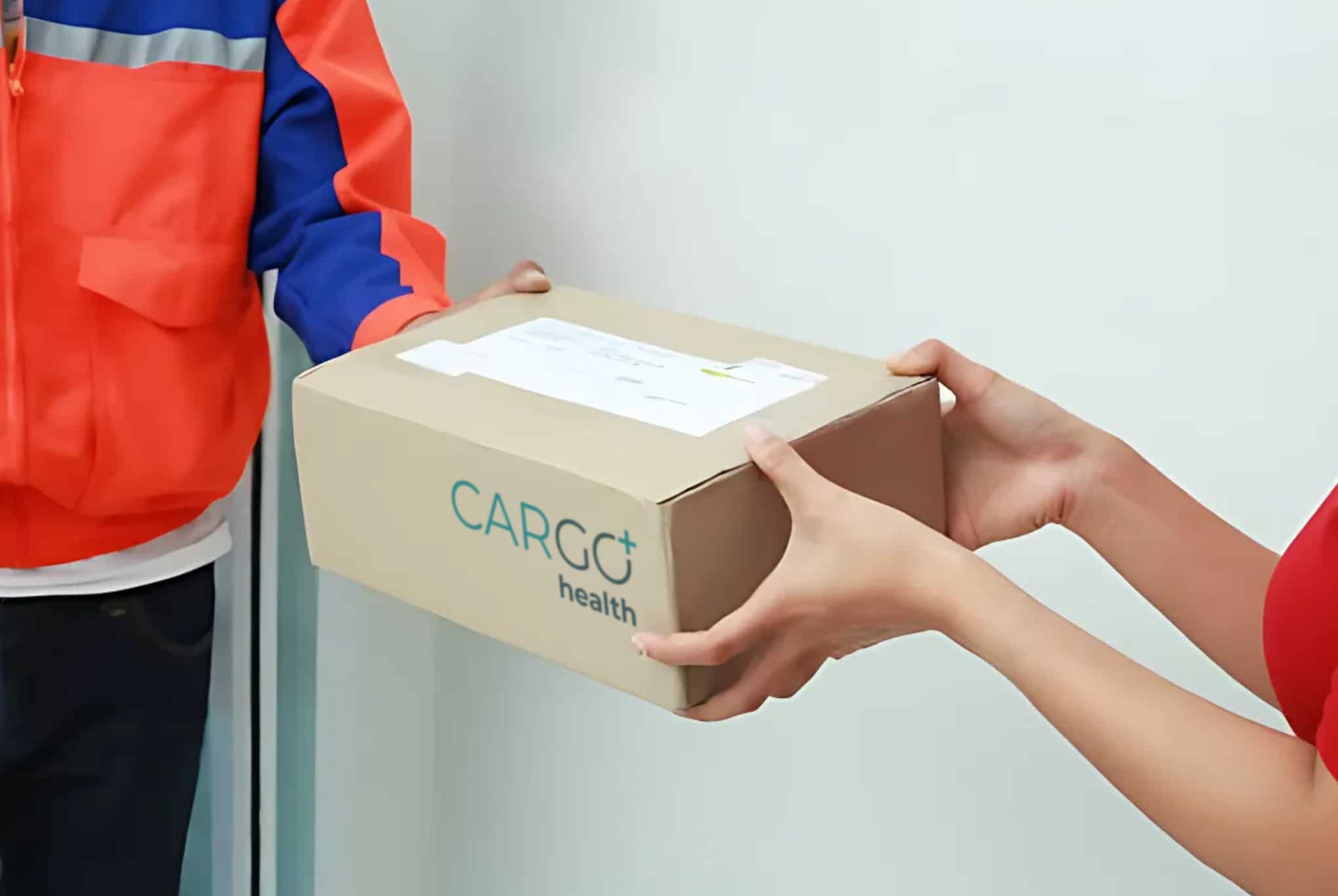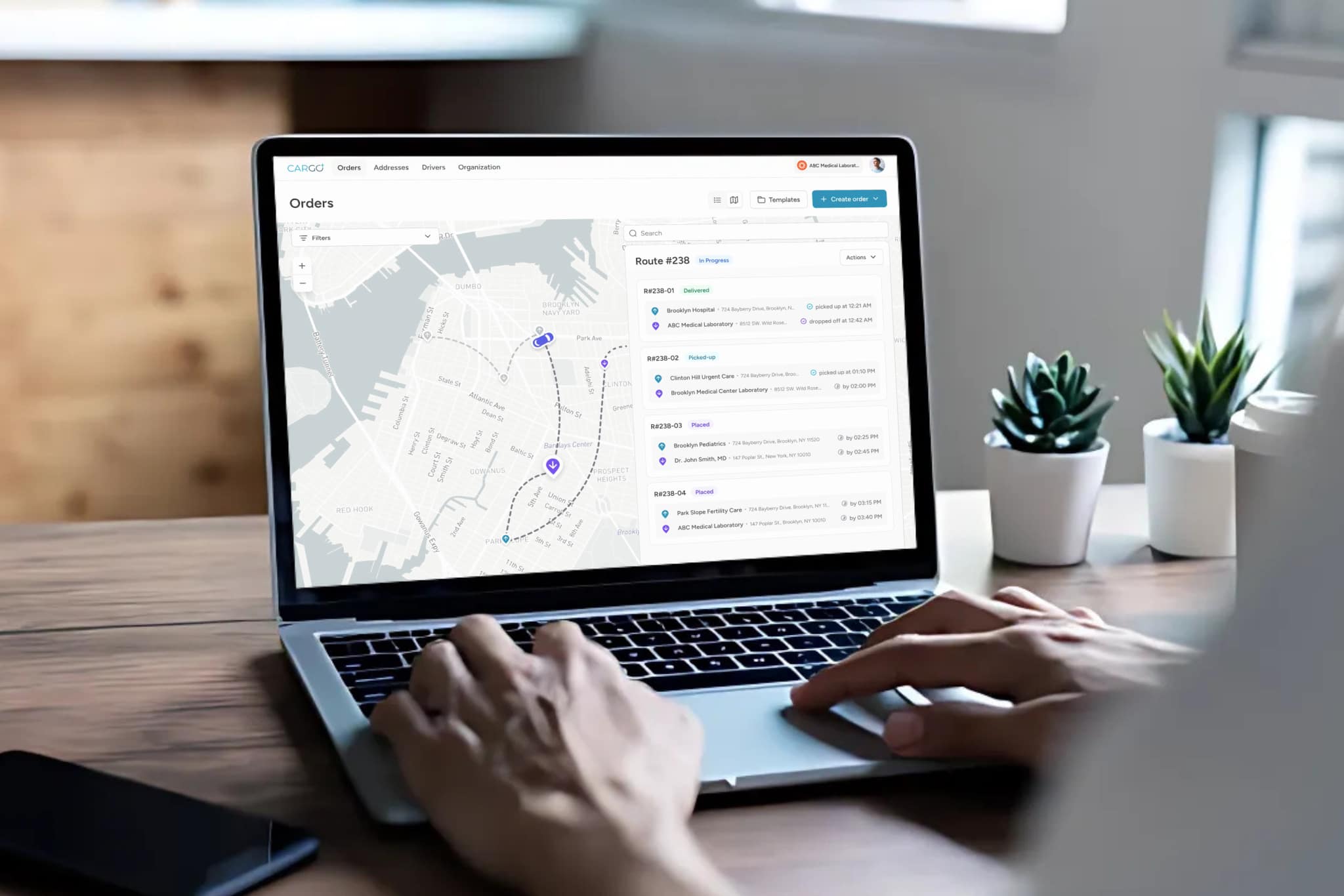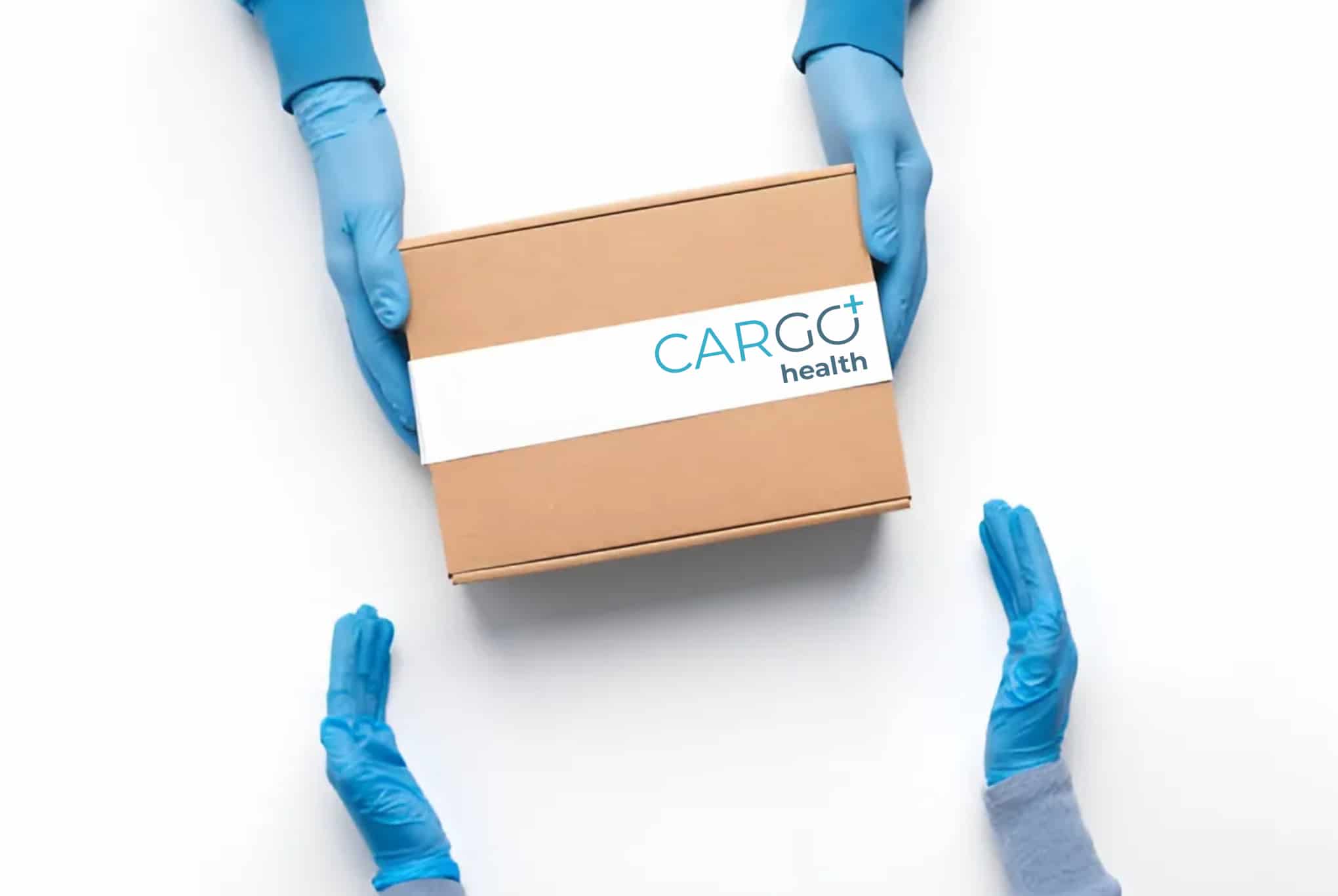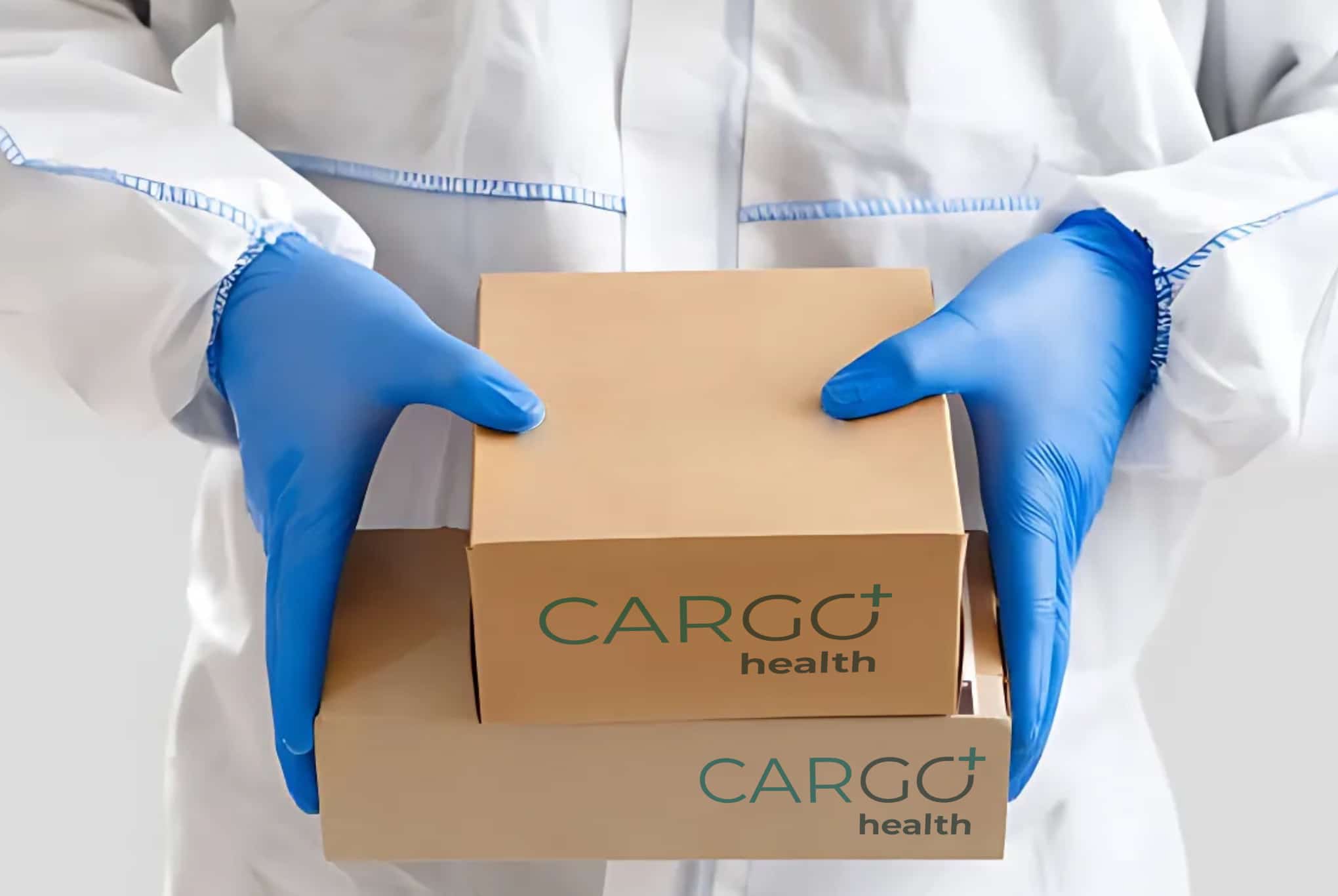Enhancing Patient Care Through Reliable Medical Courier Services
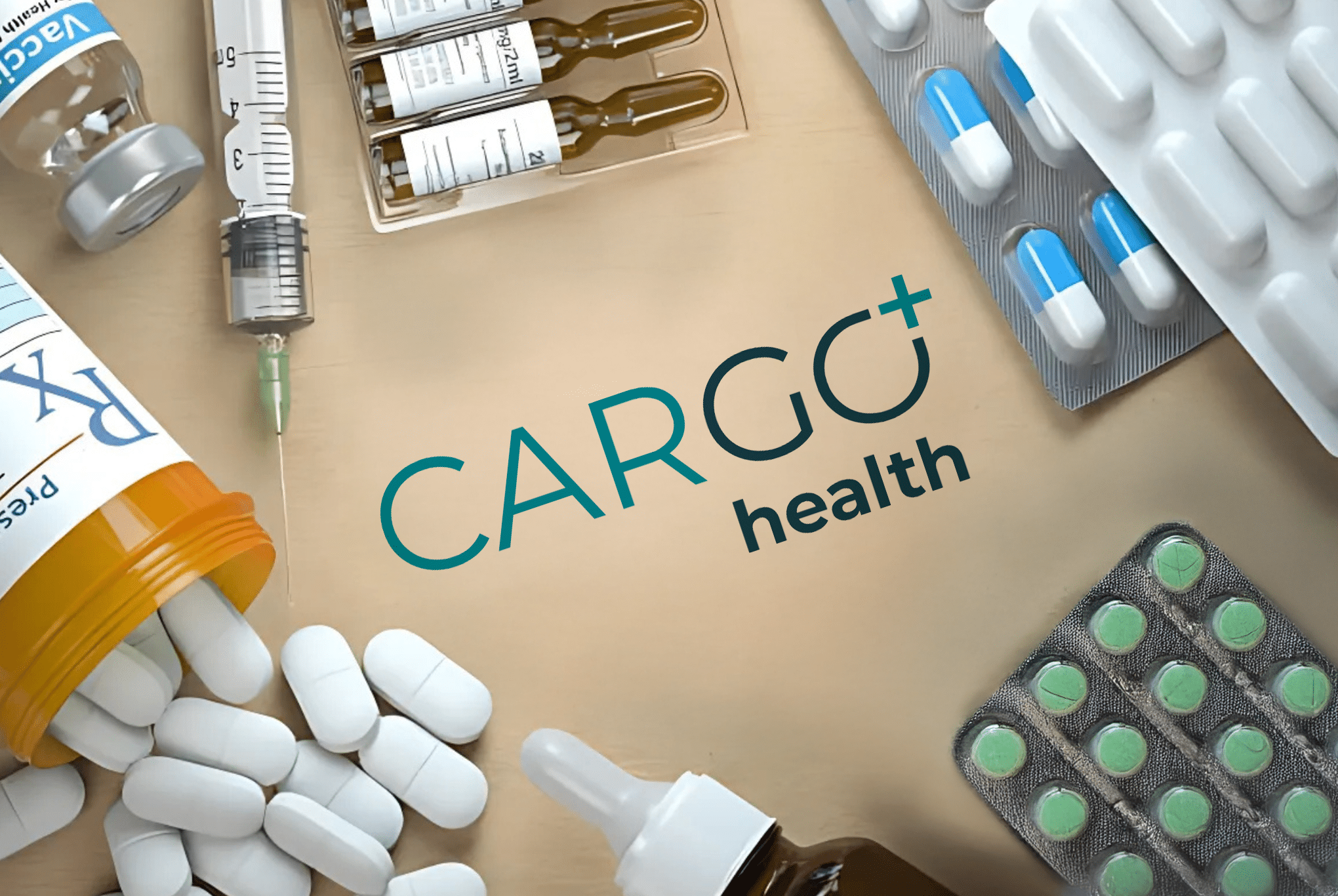
In today’s rapidly evolving healthcare landscape, the role of medical courier services has become increasingly crucial. These specialized logistics providers offer secure, timely transportation of medical specimens, pharmaceuticals, laboratory tests, and medical equipment, directly impacting patient outcomes and operational efficiency.

The Importance of Timeliness and Security
Medical couriers operate under stringent timelines due to the sensitive nature of their cargo. Specimens such as blood samples, biopsies, and pharmaceutical supplies require precise handling and strict temperature control to maintain integrity. A delay or breach in security can compromise patient diagnostics or treatments, emphasizing the need for specialized couriers trained specifically for medical logistics.
Compliance and Regulatory Considerations
Adhering to regulatory guidelines, including HIPAA compliance and CDC regulations, medical couriers must demonstrate a thorough understanding of healthcare privacy and safety standards. This compliance safeguards patient information, preserves specimen integrity, and ensures seamless coordination between medical facilities, laboratories, and pharmacies.
Advanced Technologies Facilitating Courier Operations
Today’s medical courier services leverage advanced technologies such as real-time tracking, secure digital record-keeping, and automated alerts to optimize service delivery. GPS-enabled tracking systems enable healthcare providers to monitor the exact location and status of their shipments, allowing proactive management of resources and rapid response to potential issues.
Additionally, digital documentation reduces administrative burdens and minimizes errors, enhancing the overall accuracy and reliability of the medical transportation process.
Specialized Training for Medical Courier Personnel
Unlike conventional delivery services, medical couriers receive specialized training in specimen handling, biohazard protocols, temperature-sensitive cargo management, and healthcare-specific security procedures. Continuous education ensures couriers are up-to-date with evolving healthcare regulations and technological advancements, reinforcing their role in quality patient care.
Impact on Patient Outcomes
Efficient medical courier services directly contribute to improved patient care by ensuring timely diagnostics, accurate test results, and consistent availability of necessary pharmaceuticals. In emergencies, rapid response courier capabilities can significantly reduce wait times, directly influencing treatment effectiveness and patient recovery.
Selecting a Reliable Medical Courier Service
Healthcare providers must evaluate medical courier services based on their track record, compliance certifications, technological capabilities, and training programs. Ensuring your chosen service aligns with industry best practices is critical for maintaining patient safety, regulatory compliance, and operational efficiency.
By integrating dedicated medical courier services into their logistics strategies, healthcare facilities can enhance patient care quality, streamline operations, and uphold their commitment to excellence in healthcare delivery.
